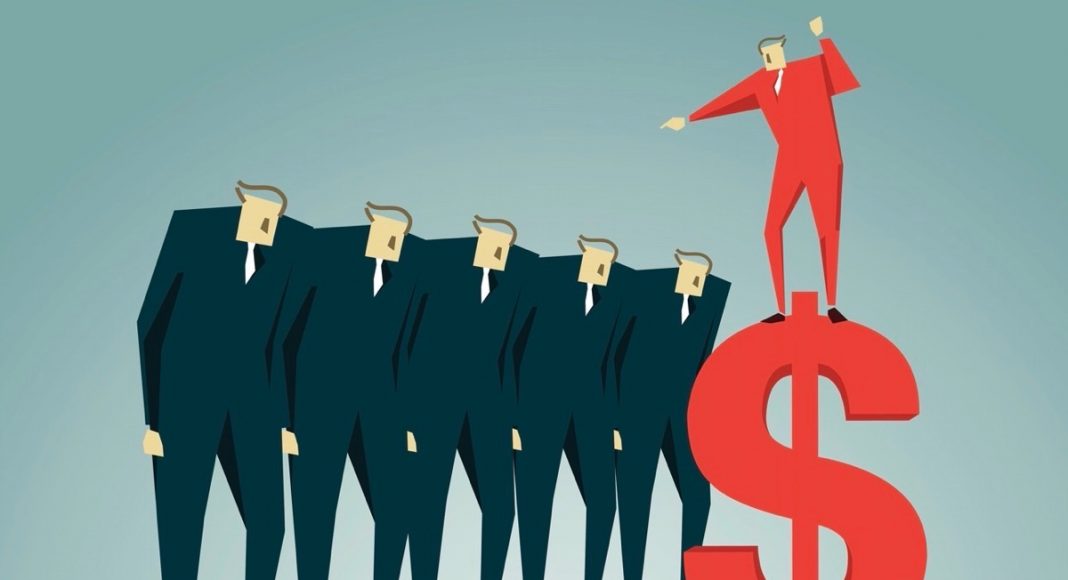A Stigler Center webinar explores what would be the foundations of a political and economic system that might be more resilient to pressure from powerful interests.
Why has traditional antitrust policy been unable to prevent the rise of large politically-powerful firms? Should antitrust enforcers consider the political power of corporations and, if so, what are the benefits and perils of redesigning antitrust to promote political and economic liberty? These are the questions that the Stigler Center has been exploring over the past few months as part of its Antitrust and Competition Conference focused on monopolies and politics.
Last week, the Stigler Center hosted a concluding session of the conference. In 2020, the webinar series explored the historical interconnection between market power and political power, discussing examples from Nazi Germany to the United States, Latin America, Israel, and South Korea. The second half of the conference series was dedicated to the discussion of the trade-offs involved in changes to antitrust policy to address this perceived connection. Topics included whether and how antitrust should be used to promote economic liberty or political liberty, and the development of new methods to assess the political power of large conglomerates.
“All these discussions led to the conclusion that market and political power are indeed intrinsically linked and that vibrant democracy can exist only when there is a vibrant economic competition and vice versa,” said Luigi Zingales, Robert C. McCormack distinguished service professor of entrepreneurship and finance at the University of Chicago Booth School of Business and faculty director of the Stigler Center. “This conclusion is worrisome because we are witnessing growing market concentration in the United States and abroad.”
In this final session, the Stigler Center hosted a broader discussion on the foundations of a political and economic system that might be resilient to pressure by powerful interests with Sarah Miller, executive director of the American Economic Liberties Project (AELP); David Moss, the Paul Whiton Cherington professor at the Harvard Business School; and James Robinson, the Reverend Dr. Richard L. Pearson professor of global conflict studies at the University of Chicago and institute director of the Pearson Institute for the Study and Resolution of Global Conflicts. The conversation was moderated by Zingales.
You can watch the webinar here:






